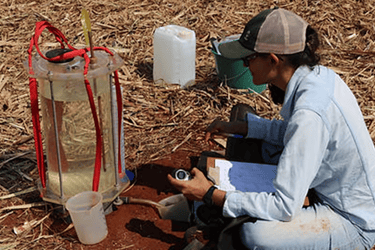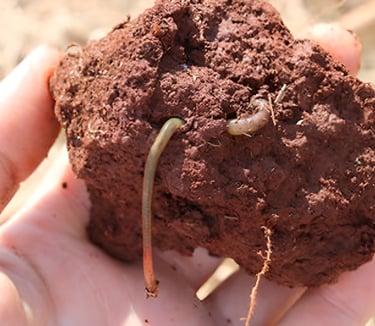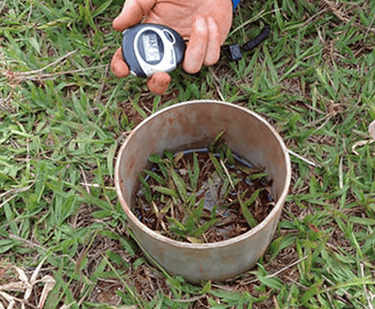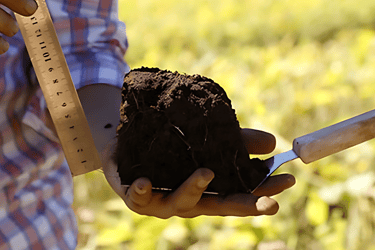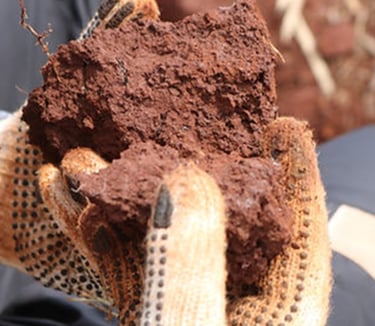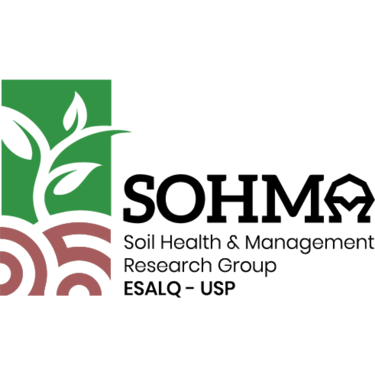Sustainable Agricultural Practices and Systems
REGENERATIVE FARMS: an approach integrating management practices and soil health metrics
The overall objective of this proposal is to establish a research, innovation and dissemination cooperation instrument between the Center for Carbon Research in Tropical Agriculture (CCARBON), based at the Luiz de Queiroz College of Agriculture of the University of São Paulo (ESALQ/USP) and Bayer S.A., on issues related to soil carbon, soil health and greenhouse gas emissions in Brazilian agriculture. CCARBON's mission is to develop innovative solutions and strategies in sustainable carbon-based tropical agriculture to mitigate climate change and improve living standards and conditions. Our vision is to be recognized as a world-class, leading center in low-carbon tropical agriculture and human resource qualification through research, innovation and dissemination activities. To achieve CCARBON's objectives, strategic, multidisciplinary and innovative research lines cover five major research areas: soil, plant, animal, atmosphere and digital tools.
Supervisor: Prof. Maurício Roberto Cherubin (ESALQ/USP)
Supervisor: Prof. Carlos Eduardo Pellegrino Cerri (ESALQ/USP)


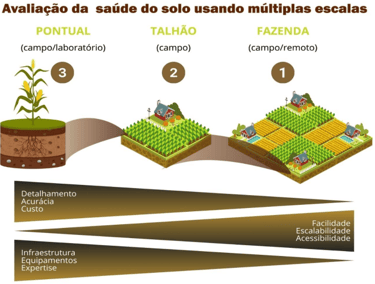

BRAVE – BRAZILIAN AGAVE DEVELOPMENT PROGRAM: Plant Biology, Technological Conversions and Socio-Environmental Interaction
The objective of this project is to develop a new agro-industrial chain based on Agave species, which are plants capable of living and achieving high productivity in semi-arid regions such as the Brazilian hinterland. In simple terms, it would be the conversion of Agave into the equivalent of a “Sugarcane of the Backlands”, with the development of a corresponding and expanded value chain. Thus, the focus will be to generate the scientific and technical bases for the use of these plants as a source of high-productivity and low-cost biomass, both for new biorefineries and for expanding the supply of raw material for existing sugarcane mills, with net carbon capture and socio-environmental development. To achieve this, the project will be organized into 10 research lines, which will interact strongly with each other. They are:
Genetic resources and biomass characterization;
Physiology and plant science;
Soils and carbon capture;
Multi-omics analysis and development of molecular markers;
Genetic engineering of Agave;
Tissue culture and seedling propagation;
Metagenomics, microbiota and growth induction;
Direct fermentation;
Biomass conversions;
Life cycle analysis and integration with the environment.
General supervisor: Prof. Dr. Gonçalo A.G. Pereira (UNICAMP).
Researchers responsible for the sub-project "Soils and Carbon Capture": Maurício Roberto Cherubin, Tiago O. Ferreira, Carlos Eduardo P. Cerri.
Agency: SHELL - Vigência: 2023-2027.
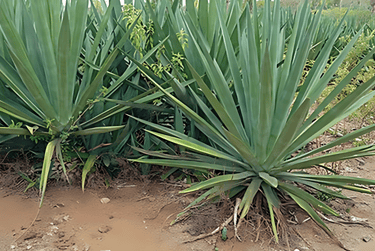



Agência:
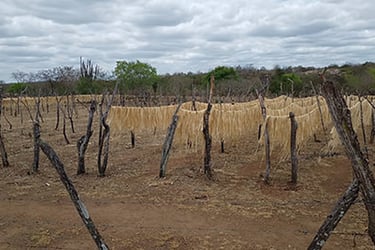

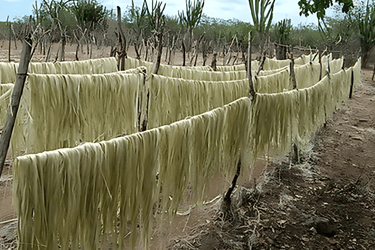

CARBON BALANCE IN AGRICULTURAL SYSTEMS: REVEALING THE IMPACT OF ADOPTING SUSTAINABLE MANAGEMENT PRACTICES ON SOIL CARBON STOCKS AND GREENHOUSE GAS EMISSIONS
This project is part of a Bayer initiative to establish a network of researchers (called "Carbon experts") related to the subject of "soil carbon and greenhouse gas emissions in agricultural systems". This project will last three years and will be developed based on four technological routes:
Technological route 1: Soil carbon stocks;
Technological route 2: Greenhouse gas emissions;
Technological route 3: Carbon balance;
Technological route 4: Mathematical modeling and integration of results.
Supervisor: Prof. Maurício Roberto Cherubin (ESALQ/USP)
Supervisor: Prof. Carlos Eduardo Pellegrino Cerri (ESALQ/USP)
Funding Agency: BAYER
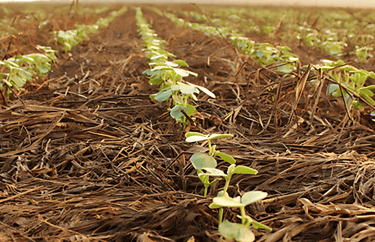

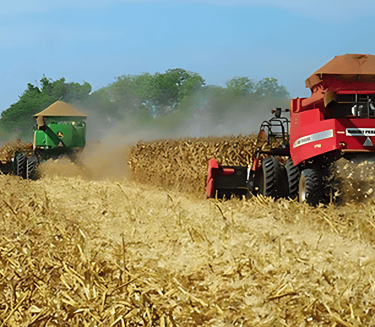

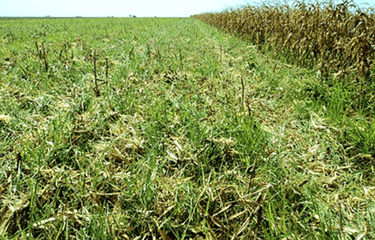

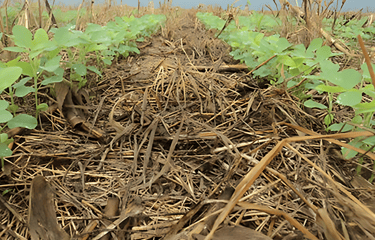

FIELD METHODOLOGIES FOR ASSESSING AND MONITORING SOIL QUALITY IN CONSERVATION SYSTEMS: Prospecting, Development and Applications
The overall objective of this project is to prospect and develop field methods for assessing chemical, physical, and biological indicators of soil quality in conservationist agricultural production systems. We will achieve this objective through four steps:
Conducting a survey of existing field methods in the literature for assessing soil quality;
Selecting inexpensive, fast, efficient/precise methods that allow assessing and monitoring soil quality in conservationist systems in Brazil;
Improving the methods and/or develop new field methods for assessing soil quality in conservationist systems;
Establishing a minimum set of indicators that can compose a kit for assessing soil quality.
Supervisor: Prof. Maurício Roberto Cherubin (ESALQ/USP)
Associated researchers: Prof. Dr. Carlos Eduardo Pellegrino Cerri (ESALQ/USP), Prof. Dr. Tiago Osório Ferreira (ESALQ/USP), Carlos Augusto Bonini Pires | PhD student / Kansas State University, Felipe Bonini da Luz | PhD student (ESALQ/USP), Marcos A. Bonini Pires | Undergraduate student in Agronomy (UFSM)
Funding Agency: Agrisus
